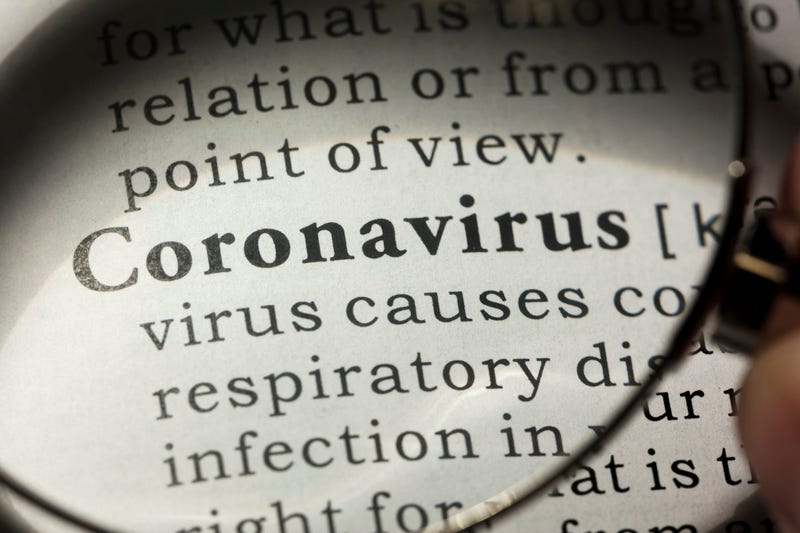Yesterday, Merriam-Webster announced 535 new words they were adding for the month of April, 2020. The heritage dictionary brand included a multitude of recent language that has now become part of our daily vernacular because of COVID-19.
- Self-isolate: to isolate or separate oneself or itself from others.
- Physical distancing: the practice of maintaining a greater than usual physical space between oneself and other people or of avoiding direct contact with people or objects in public places during the outbreak of a contagious disease in order to minimize exposure and reduce the transmission of infection. A few months ago, terms like these might have seemed too self-explanatory to require definitions, but now there is an immediate and important specificity to them.
- Contactless: not involving contact. Similarly, both the physical and technological meanings of contactless are being used much more frequently.
- WFH: an abbreviation for "working from home."
- PPE: an abbreviation for “personal protective equipment.”
- Forehead thermometer: a thermometer that is placed on, passed over, or pointed at the forehead to measure a person's body temperature.
- Intensivist: a physician who specializes in the care and treatment of patients in intensive care.
Other words were included that have been in use for a while but will finally make their marks in history.
- Deepfake: an image or recording that has been convincingly altered and manipulated to misrepresent someone as doing or saying something that was not actually done or said.
- Dark web: the set of web pages on the World Wide Web that cannot be indexed by search engines, are not viewable in a standard Web browser, require specific means (such as specialized software or network configuration) in order to access, and use encryption to provide anonymity and privacy for users.
- Thirsty: showing a strong desire for attention, approval, or publicity. This new use demonstrates how English speakers love to use metaphor to push words into new territories.
- Finna: an informal pronunciation spelling of “fixing to” do something, which shows the impact of speech's efficiency in the written language.
- Zedonk and zonkey: both refer to a hybrid between a zebra and a donkey. Modern English loves blends.
In Texas, we've been "finna do" things for years!

